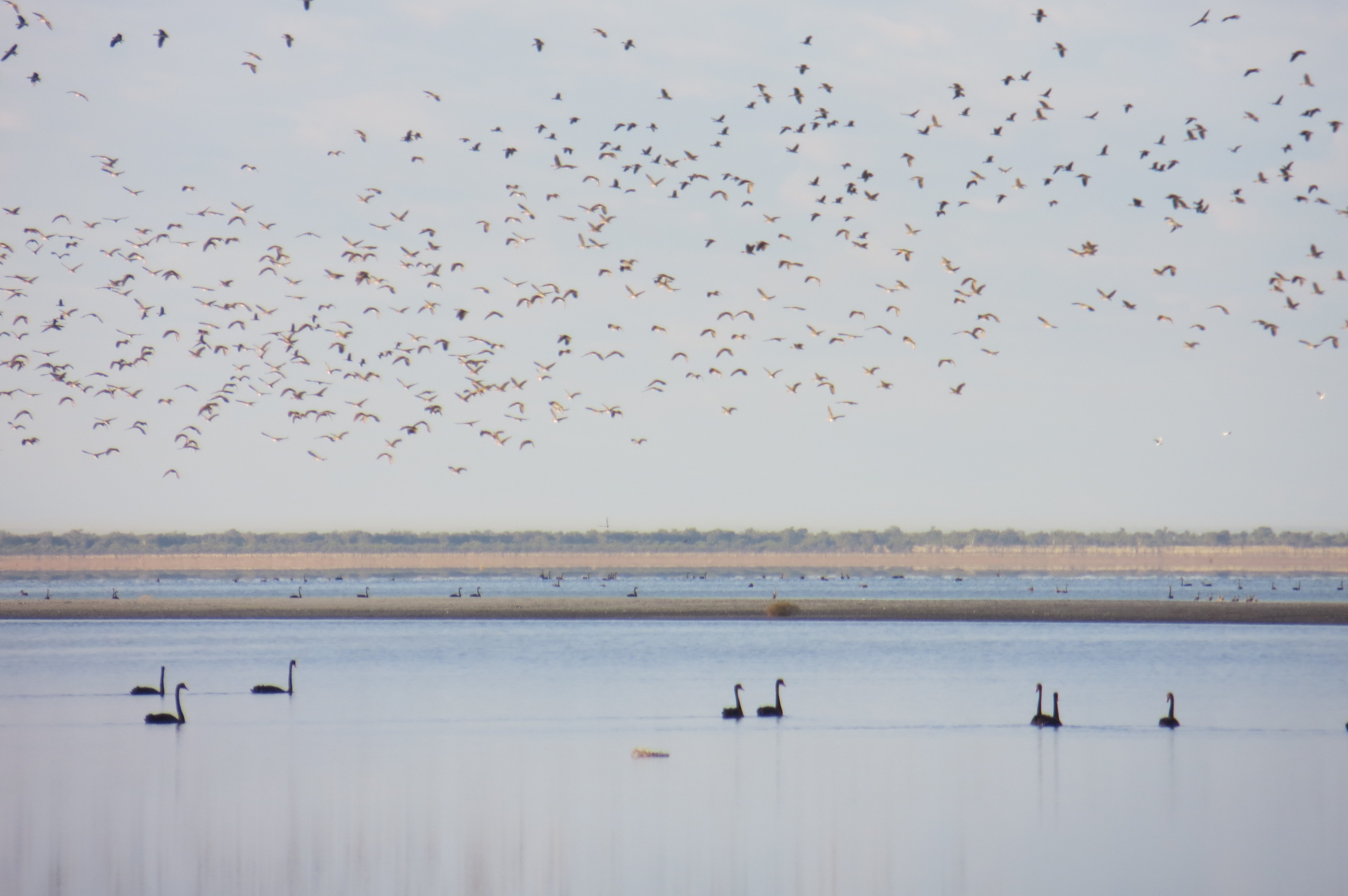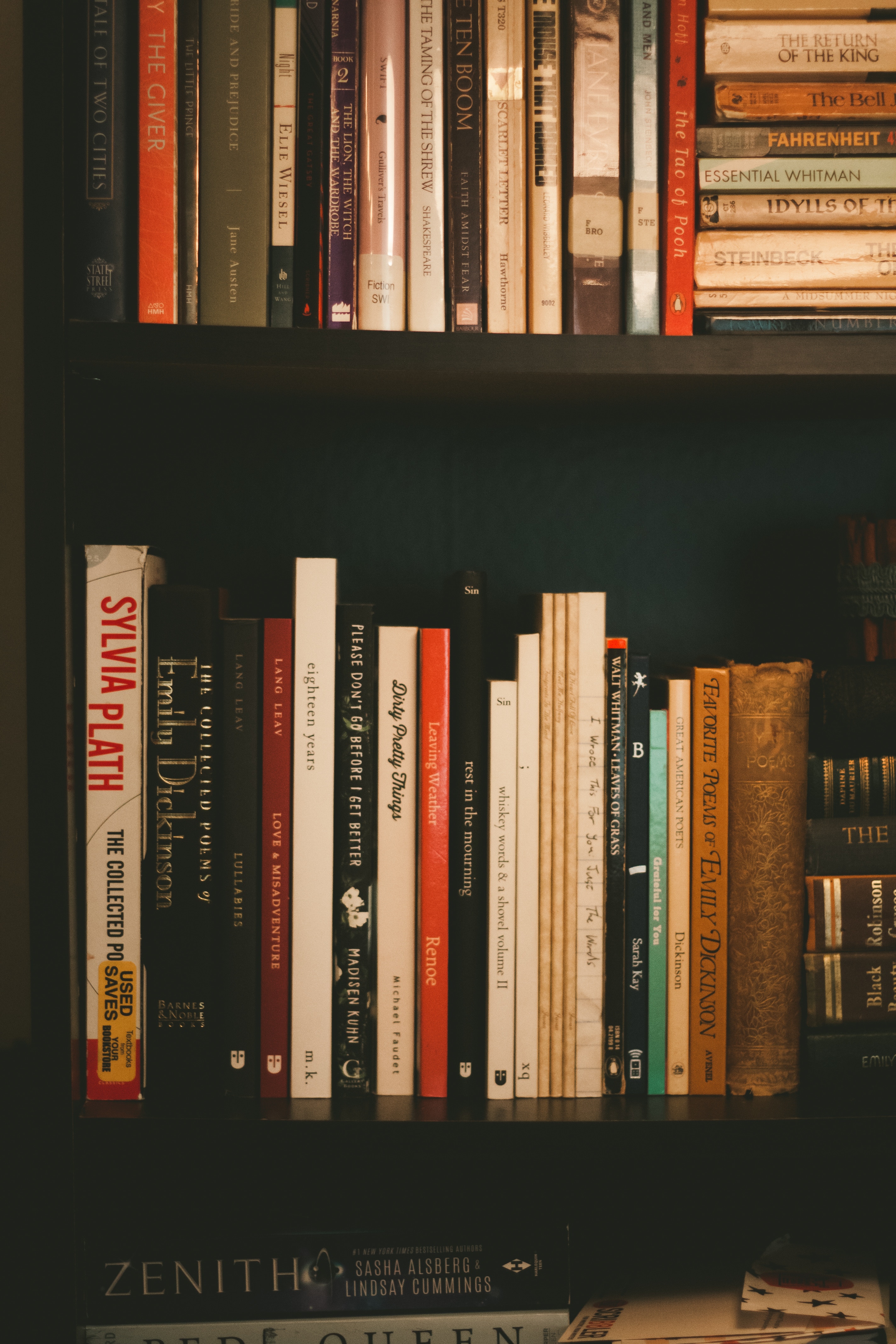
Arts & Culture
Life on the edge of the Great Sandy Desert

Poetry is a way of being alive and alert to the world in ways that we too often forget, says Professor David Mason
Published 7 November 2018
“Just being able to say beautiful words, to put beautiful words together, is a way of moving through time and living your life and holding onto your life more valuably.”

Arts & Culture
Life on the edge of the Great Sandy Desert
Professor David Mason, former Poet Laureate of Colorado, on why poetry is so ubiquitous and important.
Episode recorded: September 17, 2018
Interviewer: Dr Andi Horvath
Producer and editor: Chris Hatzis
Co-production: Dr Andi Horvath and Silvi Vann-Wall
Banner image: Taylor Ann Wright
Subscribe to Eavesdrop on Experts through iTunes.